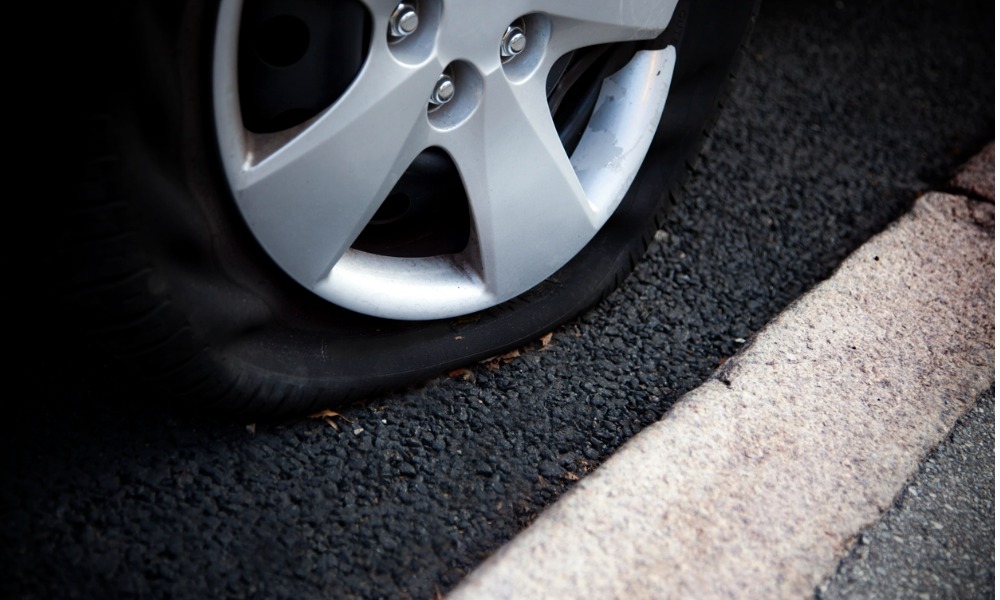
Defendants want to raise the inevitable accident defence due to blown tire

The Ontario Superior Court of Justice has denied leave to amend a pleading to add the inevitable accident defence because the defendants’ delay in bringing the motion created a presumption of prejudice in favour of the plaintiff.
In Burton v. Docker, 2023 ONSC 1974, Vanessa and James Docker's vehicle rear-ended Dawn-Marie Burton's car while she was at a red light in Guelph. Burton's accident benefits insurer has described her injuries as "catastrophic."
Burton sued the Dockers, who denied all liability and negligence. The Dockers' statement of defence did not specifically plead the defence of inevitable accident. However, when Vanessa Docker testified at discovery, she disclosed that she heard a "loud bang" and the "car was hard to steer" shortly before the accident. Over two years since the oral discoveries, the Dockers moved for leave to amend their statement of defence to plead the inevitable accident defence based on the evidence obtained during discovery.
Burton argued that the Dockers' delay in seeking the amendment was so lengthy and the justification so inadequate that there was a presumptive non-compensable prejudice to her.
The Ontario Superior Court of Justice said, "at any stage of an action the court shall grant leave to amend a pleading on such terms as are just unless prejudice would result that could not be compensated for by costs or an adjournment."
The court stressed that it must grant leave to amend unless the responding party would suffer non-compensable prejudice. However, the court warned that delay in seeking an amendment might be so lengthy and the justification so inadequate that prejudice to the responding party could be presumed. The court further pointed out that requiring a party to change its entire litigation strategy late in the litigation is considered "non-compensable prejudice.”
The court noted a delay of around four years in bringing the motion for leave to amend. The court pointed out that case law has not established a rule of thumb for how long a delay must be for it to be so lengthy that it is presumptively prejudicial.
The Dockers did not explain the delay in any of the affidavits they have filed. The court noted that if the Dockers', their insurer, and their lawyer knew about the loud bang and blown tire in February 2019, they failed to explain why they waited so long to plead their defence. The court also pointed out that if Vanessa Docker did not tell the insurer or her lawyer about the loud bang and blown tire until she disclosed these facts at examinations for discovery, the Dockers had not explained why she waited so long to share this critical fact. The court further said that the Dockers have not explained why they waited over two years after discoveries to move for leave to amend their statement of defence.
The court concluded that the Dockers' delay in seeking an amendment was lengthy, and their justification was so inadequate that prejudice to Burton was presumed. The court said that the Dockers failed to rebut the burden of presumed prejudice. The court dismissed the motion and awarded costs of $6,000 to Burton.